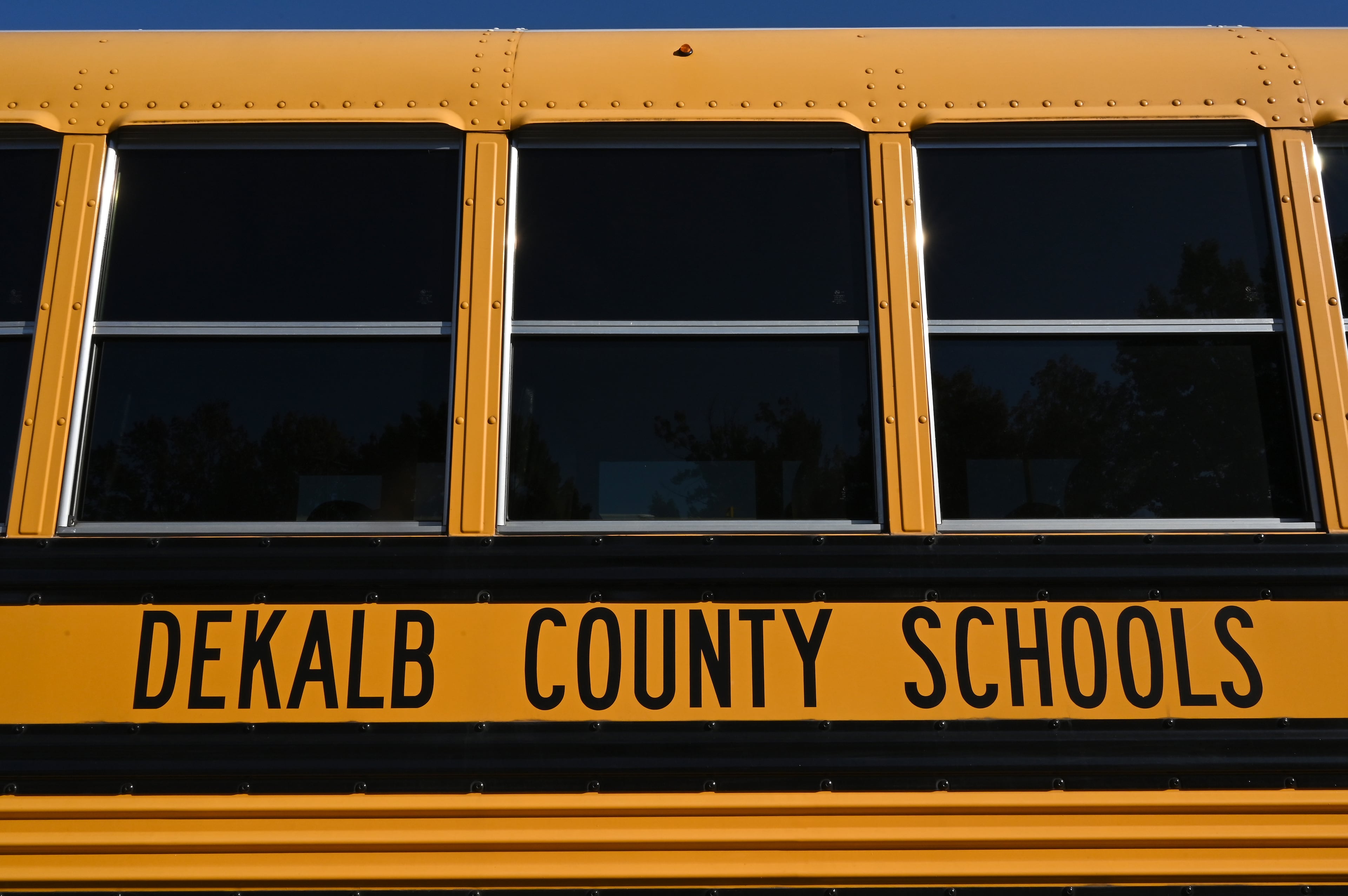Schools confronted with bullying
It’s been several years since Georgia lawmakers toughened the state’s anti-bullying statute after a student suicide, but some parents say schools still are not doing enough to thwart bullies.
In Carroll County, the family of an elementary school student recently said the girl’s hair was pulled so hard by school bullies that she had to go to the emergency room. In Atlanta, a father filed a lawsuit that said his son’s face was “caved in” last year during a bullying incident at Inman Middle School. And, in DeKalb, a mother said she wasn’t notified in November when her kindergartner was repeatedly injured at school by a bully.
“What I do think they’re doing is just covering up a lot of stuff,” said the DeKalb mom, Natasha Boglin. She realized something was wrong when her kindergartner got off the school bus with a split lip. Nobody from the school had called to warn or explain, she said. “They just looked the other way.”
State law defines bullying as written, verbal or physical acts that “a reasonable person” would see as intended to threaten, harass or intimidate. The behavior must be persistent or pervasive.
The Georgia Department of Education began tracking bullying two years ago.
Statistics show a decline in the number of incidents from the 2011-12 school year to the next year in Marietta and in Cherokee, Clayton, DeKalb, Fayette and Gwinnett counties, with Decatur reporting zero incidents both years. The number of incidents increased in Atlanta and Cobb, Fulton and Forsyth counties.
Susie Brookshire, the official over anti-bullying efforts in the Forsyth schools, said surveys show a decrease in one kind of bullying but an increase in another, like a frustrating game of Whack-A-Mole. If officials hear of incidents in the hallway, for instance, they’ll monitor there, but then the bullying will move to the cafeteria, she said. “The school gets hyper vigilant in that area, and the kids get smart and find something new to do.”
While bullying incidents have nearly doubled in Forsyth, the total number last year was 15 in a school district with 41,000 students. Compare that with DeKalb, which has 99,000 students. There were 1,548 incidents of bullying in 2011-12 and 1,076 last year.
Like Forsyth, DeKalb officials are engaged in a long, and slow push to change the culture, both in and out of school.
All staff and students get anti-bullying training and each school has an anti-bullying liaison who encourages students to form anti-bullying clubs or do skits or make banners, said Quentin Fretwell, a DeKalb official. The district also tries to reach the key players in kids’ lives — their parents — though that can be difficult.
Jeff Del Bagno, who filed a suit against Atlanta Public Schools, said the system failed to properly investigate the beating of his son, now 13. “If this had happened in a private school,” he said, “people would be in jail already.” A spokeswoman for APS said the district doesn’t discuss matters in litigation.
David Goldberg, an assistant superintendent in Carroll, said a school investigation determined that the girl who ended up in the emergency room after her hair was yanked was not bullied. And a DeKalb spokesman said there is no evidence Boglin’s child was bullied.
In 2009, Jaheem Herrera, an 11-year-old DeKalb County boy, hanged himself after he was reportedly tormented when he went to school with a pink book bag. According to DeKalb schools spokesman Quinn Hudson, a DeKalb investigation found no evidence that Jaheem was bullied, a finding denounced at the time by his parents. The next year, the General Assembly mandated that school employees report suspected bullying to principals, and compelled school districts to adopt policies for notifying parents.
School districts and state legislatures across the country are trying to address bullying.
Our culture, including TV shows and movies, is awash in bullying behavior, Fretwell said, and parents should identify and criticize it when they’re watching shows with their kids or if they witness bullying behavior on the streets, he said.
Katherine Raczynski, a researcher at the University of Georgia, said some of the increases in the number of incidents might be due to parents who report behaviors they might not have when they were kids.
“There’s definitely been a huge increase in awareness and, with that awareness, there’s more reporting,” said Raczynski, who runs the Safe and Welcoming Schools project at UGA’s College of Education.
Raczynski said school anti-bullying programs are built on the premise that the majority of kids do not engage in bullying and do not condone it. Schools tell students they have power in numbers, she said.
Kids can help victims by confronting bullies or getting help, or even just comforting the victim afterward and ensuring the child does not feel ostracized.
“When people are socially isolated,” she said, “they’re at higher risk of becoming a target.”
Reported incidents of bullying in metro Atlanta school districts
| District | Bullying 2011-2012 | Bullying 2012- 2013 |
|---|---|---|
| Atlanta | 336 | 477 |
| Cherokee | 67 | 47 |
| Clayton | 376 | 294 |
| Cobb | 158 | 1026 |
| Decatur | 0 | 0 |
| DeKalb | 1548 | 1076 |
| Fayette | 50 | 24 |
| Forsyth | 8 | 15 |
| Fulton | 0 | 254 |
| Gwinnett | 531 | 400 |
| Marietta | 57 | 40 |
Source: Georgia Department of Education



